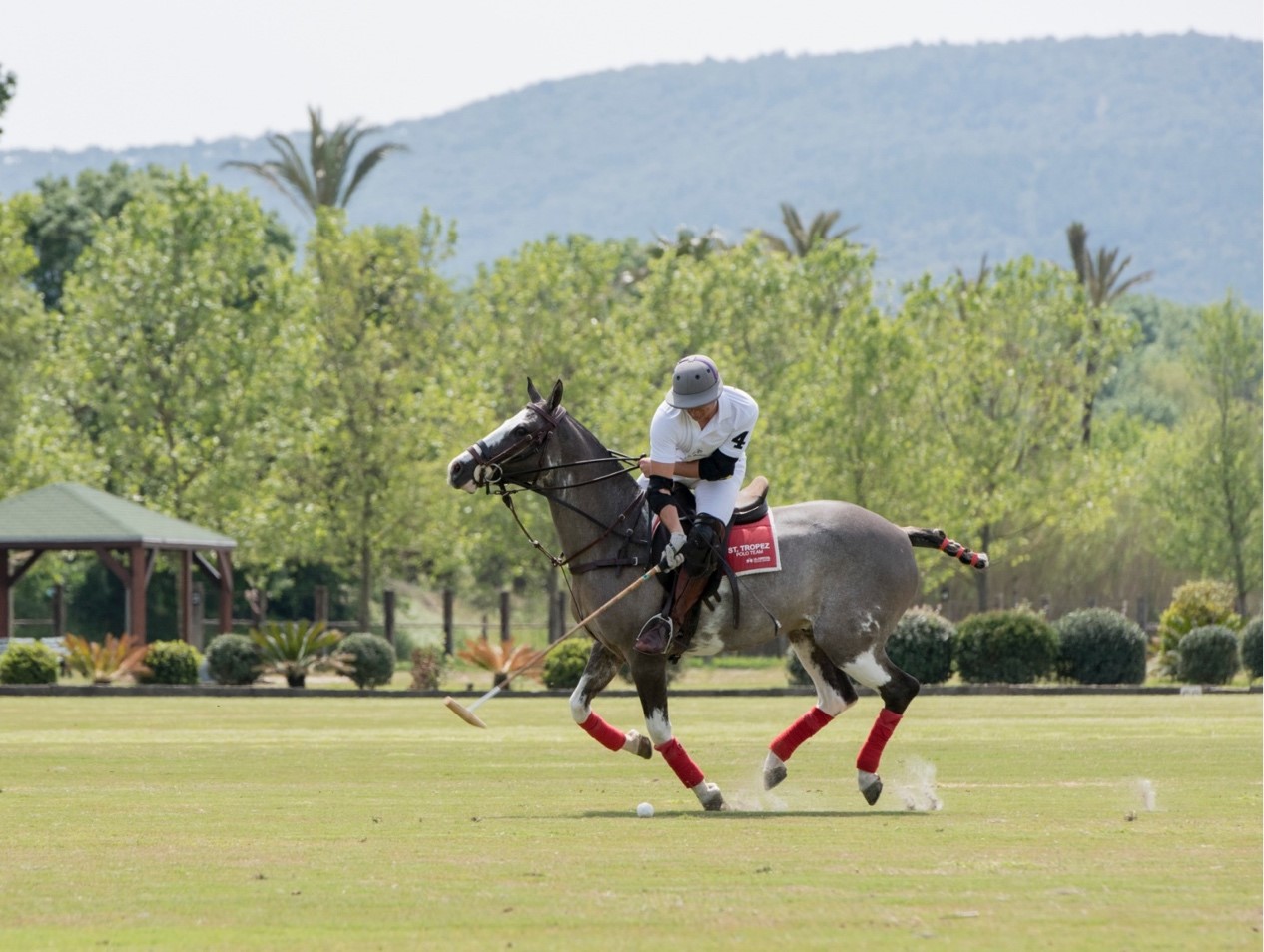Since then, polo has spread across the globe. Sixteen countries field professional teams today, from India and Thailand to the US and Scotland. Argentina, above all, with its huge stretches of flat grassland known as the Pampas, appears to have been made for the game.
As well as branching out across the world, the sport has also evolved. A rather slower version of the game, elephant polo, maintains a significant global following, and countries such as Scotland often field successful teams. Meanwhile, what began as a late Victorian fad – polo on bicycles – has enjoyed a resurgence in recent years, with teams now playing polo on folding bikes and even penny farthings.
Alshair Fiyaz, an entrepreneur, investor and philanthropist, has channelled much of his own passion for the sport into developing a polo club in St Tropez in the south east of France. “We’ve turned the club into a world-class facility. Just this season we’ve hosted the prestigious British Polo Day and the elite Golden Wave Tournament. The job now is to keep finding ways to improve the club – which is why we continue to broaden its offering, sponsor sporting charities such as Laureus, and open up the facilities to local school children. It’s all about looking after our spectators, polo players and patrons, as well as giving back to our local community.”
Fiyaz explains: “At our club, we are honored to be able to count on two of the world’s elite Argentine players: Nicolas Pieres and Polito Pieres.” In fact, the country has remained Olympic champions, since 1936 when the sport last featured at the Games.
“Who knows what Churchill would have made of a game of Brompton polo,” says Fiyaz. “But what is clear is the overwhelmingly positive impression polo continues to have, and particularly its ability to bring together people from all over the world.”







